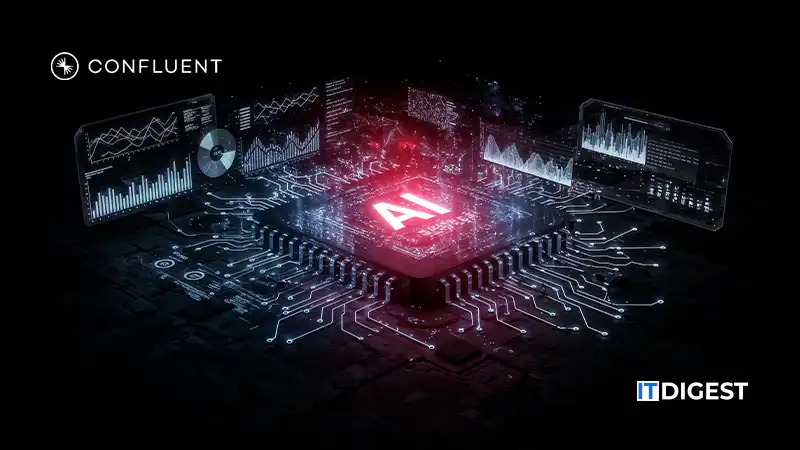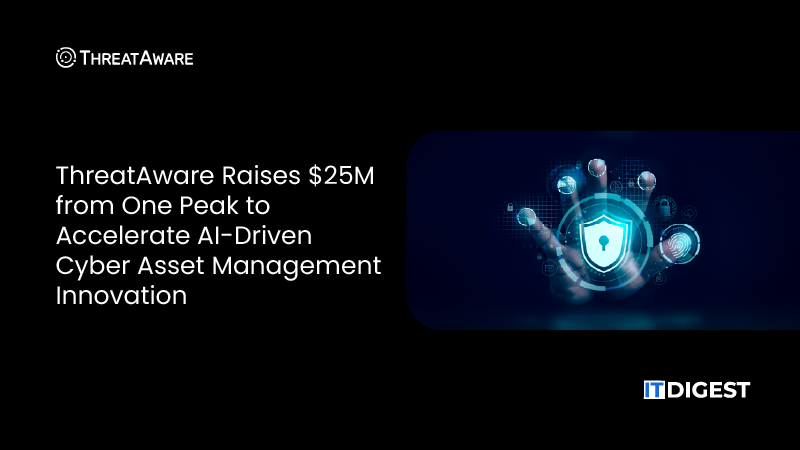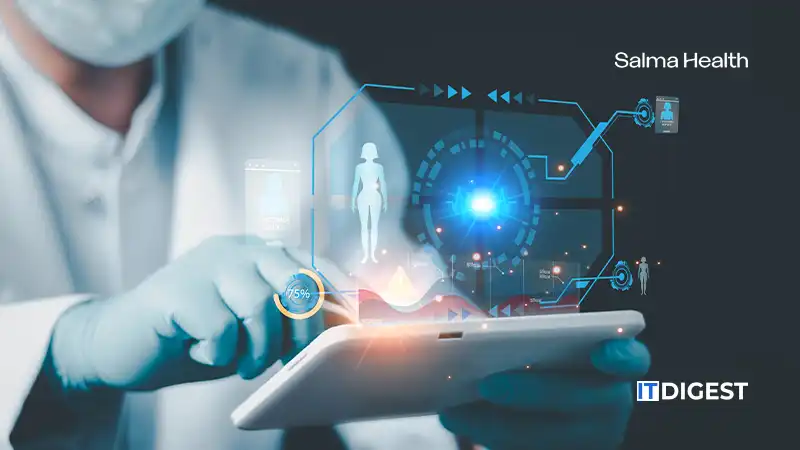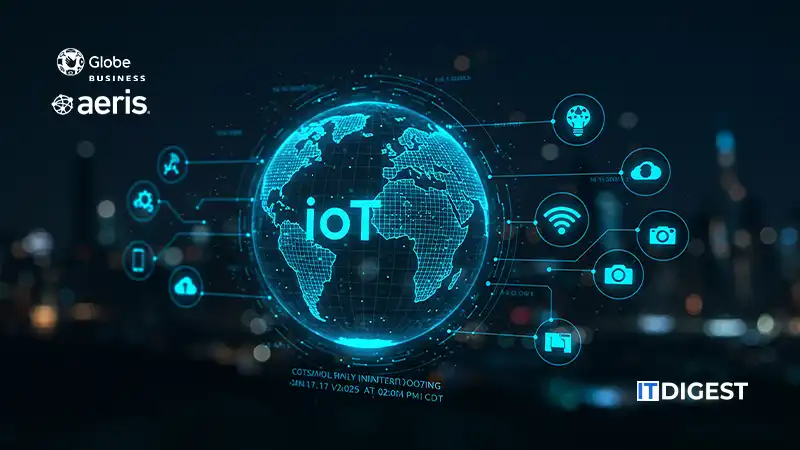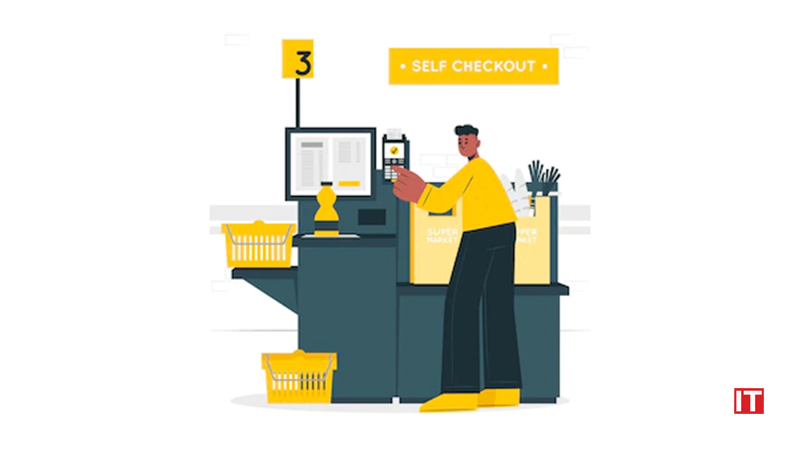Why Smartify the Retail Sector?
For the last decade, the retail industry has been in change. Ecommerce, social media, worldwide pandemics, and smart devices have all had a significant impact on the Smart Retail sector. One thing is certain: shops must adapt or risk becoming obsolete.
Due to a lack of expertise on consumer behavior, inadequate communication and targeting, delayed checkouts, and expensive operational costs, brands including Barnes & Noble, Barneys, and Toys R Us died as a result of their failure to adopt technology, resulting in a sales slump.
A traditional brick-and-mortar store fails to successfully target the retailer business’s pain points: adopt a single-dimensional business strategy, fail to segment and target the masses, compete solely on pricing and quality, store layouts, and visual merchandising.
Smart Retail Solutions
Here are a few new revolutionary retail solutions and technology that will have a big impact on the retail industry in the future.
iBeacons
These devices generate a Bluetooth signal that may be used to track consumer activity and increase sales by sending push notifications and customized alerts about new products and special offers from the store’s app directly to customers’ smartphones based on their location within the store. This technology is low-cost and may be integrated into any existing retail establishment without requiring extensive alterations.
Loyalty Apps
Loyalty programs, according to Hubspot, enhance the odds of selling to an existing consumer by up to 70%. Retailers may utilize loyalty apps to increase customer retention and lifetime value by providing targeted promotions and discounts based on previous purchase history or interactions with sophisticated POS systems — all through automated marketing and analytics.
Front Office Chatbots
Retailers may now use intelligent chatbots to automate certain activities like customer support. Retailers may improve the speed and accuracy of their responses by deploying front office chatbots, which increases customer happiness. Chatbots also help businesses to personalize consumer interactions by learning about them over time, allowing them to respond to enquiries and resolve frequent concerns more quickly.
Read More: Conversational AI: Decoding Sales Intelligence to Generate Revenue
Grab-and-Go Systems
Customers can purchase things without having to deal with a cashier using grab-and-go technology. Retailers can use this solution to improve consumer purchases and decrease in-store time while also enhancing transaction accuracy. One of the best instances of this technology in action is Amazon GO.
Smart Tags
A smart label provides detailed information about items on store shelves, ensuring authenticity and supply-chain integrity while also allowing businesses to interact with customers in novel ways. A smart label can also provide information about the product’s origin and manufacturing process, confirming that it is genuine. This improves brand transparency, which builds customer trust.
In Conclusion..
As more retailers see the value of technology-enabled businesses, techniques like highlighting hot-selling items, offering personalized deals and discounts, sharing timely information, and using social media dashboards are becoming more common.
Smart retail solutions provide a plethora of possibilities for companies looking to stay ahead of the competition. They also deliver the frictionless transactions and highly personalized experiences that today’s consumers expect. These technologies will help retailers meet these objectives by making shopping safer and more pleasurable for customers, as well as attracting new customers and increasing revenue.







